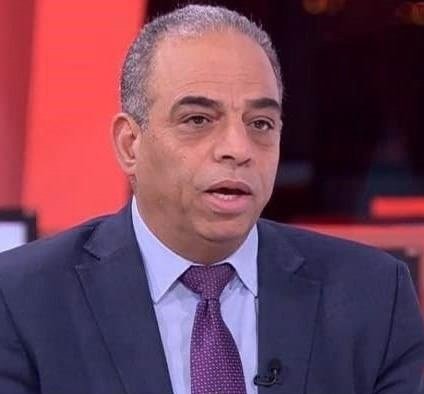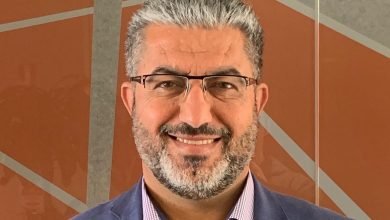
By : Ahmad M. Awad
Jordan Daily – Since the outbreak of the global financial crisis in 2008, Jordan’s economy has failed to overcome the barrier of slow growth. Annual growth rates have remained between 2 and 2.5 percent, and at best approached 3 percent—levels that are insufficient to absorb new entrants into the labor market or to improve living standards.
The pressing question today is: why has this state of economic slowdown persisted for so long, despite more than a decade and a half having passed since the global financial crisis?
The answer to this question is multidimensional. However, there is a near consensus among Jordanian and international economists who follow Jordan’s economic affairs that the reasons are both external and internal. Despite differing diagnoses regarding the relative weight of each, these differences are largely shaped by the angle from which the internal and external dynamics of the national economy are viewed, and by the interests and influence of different economic actors in shaping policy priorities.
On the external front, it is undeniable that regional and global conditions have significantly increased pressure on growth drivers. The ongoing Israeli occupation of Palestine and its expansion, which continues to create instability in the regional landscape, along with neighboring conflicts, refugee crises, the global economic slowdown, and fluctuations in energy and food prices, have all created an unstable and uninviting environment for investment. Moreover, the persistent state of uncertainty in the region has deterred both local and foreign investors from injecting capital into long-term projects within Jordan.
Nevertheless, Jordan’s geopolitical position has, on the other hand, represented a valuable opportunity. It has facilitated the flow of financial and technical assistance from donor countries and international institutions. This aid could have been utilized as a tool to achieve a developmental leap, but the opportunity was largely squandered due to intersecting and accumulated internal factors.
On the domestic level, the economic policies adopted by successive governments have played a central role in the continuation of this stagnation. There has been heavy reliance on indirect taxation, particularly the general sales tax, fixed levies, and various fees. This led to increased living costs and weakened citizens’ purchasing power, which in turn negatively affected domestic consumer demand—one of the main drivers of economic growth in any economy.
In addition, the continued enforcement of high banking interest rates has placed an added burden on business entities, restricting their ability to borrow and hindering their investment expansion, which has contributed to deepening the slowdown and weakening national economic growth.
Moreover, the continued reliance on low-wage policies across most sectors has negatively impacted both consumption and investment. No serious efforts have been made to restructure the economy or stimulate productive sectors. Instead, governments have adhered to austerity policies under their commitments to the International Monetary Fund, further increasing pressure on the domestic market.
Today, nearly two decades into the slowdown, its consequences are clearly visible: high unemployment rates, expanding poverty, growing social inequality and economic disparity, and a decline in public confidence in the economy’s ability to deliver a decent standard of living.
To break free from this vicious cycle of weak growth, a serious and comprehensive review of economic policies is essential—one that focuses on stimulating domestic demand, facilitating productive sectors, and adopting flexible fiscal policies that go beyond merely satisfying international institutions, and instead stem from local realities and needs. The tools already in the government’s hands—if boldly reconsidered—are capable of reigniting growth, creating job opportunities, and opening new horizons for Jordanian society.
Ahmad Awad is the founder and director of the Phenix Center for Economic Studies, specializes in human rights and socio-economic issues. He is also advocate for human rights and promoting democracy and civil society at local, Arab, and international levels.

